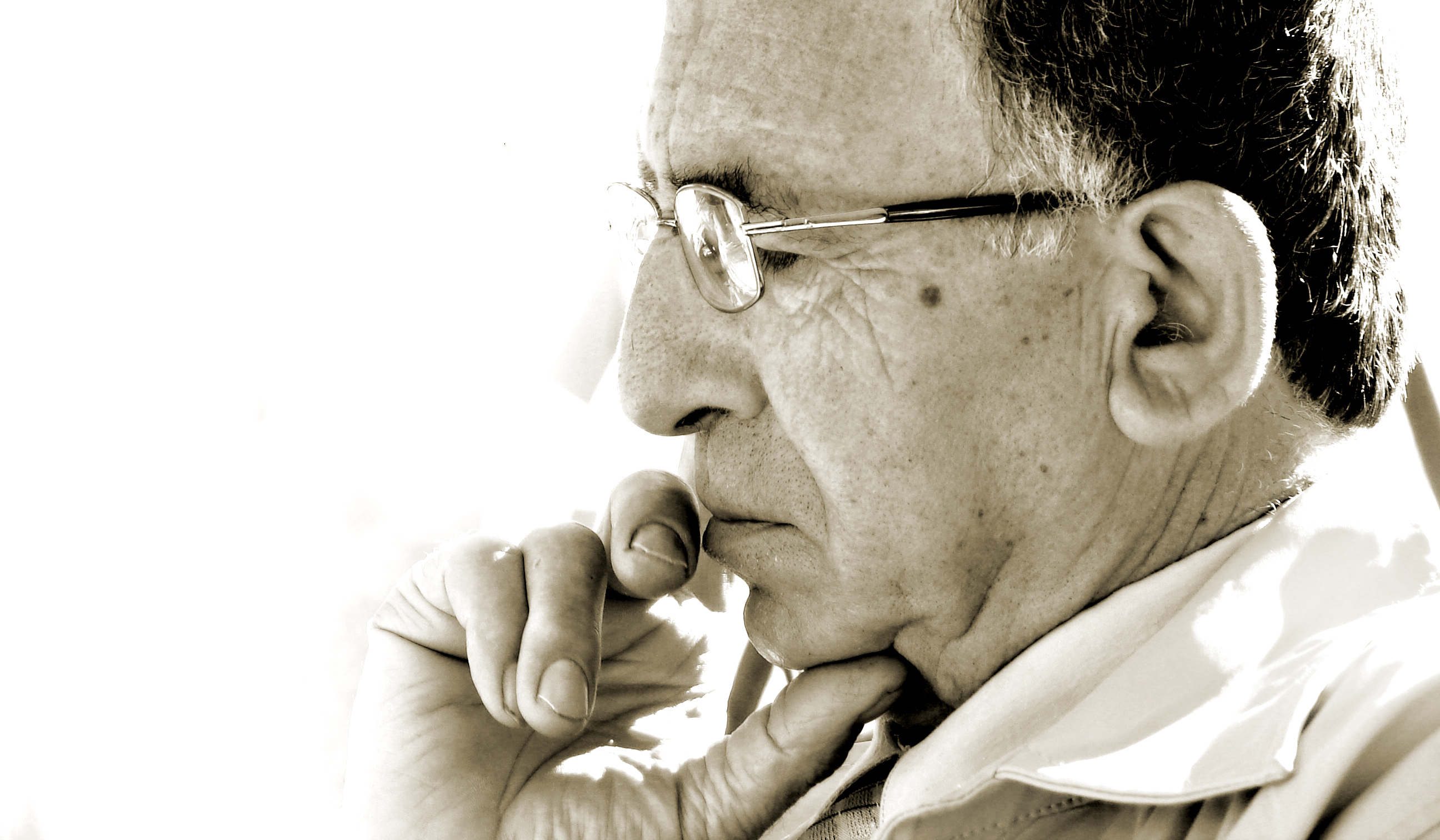Post-traumatic stress disorder (PTSD), an intense physical and emotional response to a traumatic event, is commonly thought of as a condition that affects only combat veterans or victims of violence. But a new study has found another population likely to develop this disorder: stroke survivors.
Researchers from Columbia University Medical Center in New York analyzed 9 studies of more than 1,100 stroke or transient ischemic attack (TIA) survivors. All of these studies used either interviews or questionnaires that assessed PTSD specifically due to stroke or TIA. What they found was surprising: 23% of stroke survivors will develop significant symptoms of PTSD – and for about 11%, the condition will become chronic.
So why is PTSD so prevalent among stroke survivors? The trauma of a stroke doesn’t end after the initial, terrifying event. After that, there is an ambulance ride, tests, hospitalization, possible surgery, and rehabilitation. What is perhaps even more traumatic, according to lead study author Donald Edmonson, is adjusting to the shock. With a stroke, the assumption that we’re “invulnerable” is now broken.
After a stroke survivor returns home or to the scene of the stroke, they are inundated with reminders of the event. They can have physical reactions, such as an elevated heart rate, chills, headaches and palpitations. They are also prone to flashbacks, severe anxiety, outbursts of anger and nightmares. The PTSD can then create additional problems for the survivor. According to the study, people who developed PTSD after a stroke were at a greater risk for heart problems or another stroke.
Unfortunately, PTSD in stroke survivors often goes unrecognized by family members, friends and even physicians. If you or a loved one has suffered a stroke, look for these symptoms of PTSD:
- Reliving the experience through flashbacks or nightmares.
- Emotional reactions can include feeling guilty, extreme fear of harm and numbing of emotions.
- Physical reactions can include uncontrollable shaking, chills or heart palpitations and tension headaches.
- Avoiding activities, places, thoughts or feelings related to the trauma, or feeling detached or estranged from others.
- Experiencing heightened arousal. This can include:
- Being overly alert or easily startled
- Difficulty sleeping
- Irritability or outbursts of anger
- Lack of concentration
If you or your loved one are experiencing symptoms of PTSD, talk to your physician. This is a treatable condition, and they can provide you with the help you need.
For more information on PTSD, check out the CDC’s fact sheet on Coping with a Traumatic Event.
STUDY:
“Prevalence of PTSD in Survivors of Stroke and Transient Ischemic Attack: A Meta-Analytic Review,” PLoS ONE. Published June 19, 2013.









